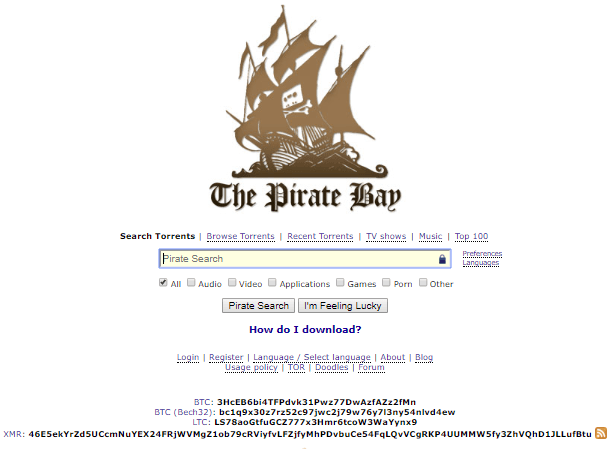Investigation Targets Telegram & WhatsApp-Based Newspaper Pirates
lundi 23 septembre 2019 à 12:32
Last week, chaos was widespread in the ‘pirate’ IPTV market after authorities in Italy took unprecedented action against the operators of Xtream Codes.
Undoubtedly prompted into action by entertainment and media industry groups, the same authorities are now tackling another perceived threat to revenues – piracy of daily newspapers.
In common with the IPTV crackdown, the latest effort is somewhat unusual in that it tackles fairly unconventional methods and techniques for distribution. Rather than above-ground and obvious websites, Italian authorities are chasing down suppliers to and users of various chat groups.
Authorities reportedly have three key individuals on their radar who are suspected of providing digital copies of daily newspapers to WhatsApp and Telegram groups with many thousands of subscribers.
Italy’s Postal and Communications Police recently provided the prosecutor of Cagliari a report with the details of the three men. According to La Repubblica, they include a man from Sardinia born in 1974 and another from Milan born in 1964.
The newspaper titles they reportedly distributed to the groups were available officially via monthly subscriptions costing a few euros. However, one of the suspects, an unemployed computer technician from Turin, somehow managed to crack or ‘steal’ the passwords used to access the newspapers.
After the discovery of this unlawful access and distribution, the publishers of newspaper L’Unione Sarda filed a complaint. Then, in collaboration with the Postal Police, the company placed ‘markers’ in downloaded copies of their paper which allowed them to see where the copies were being distributed.
After identifying two channels distributing their content, the investigators found a third, more important channel. However, when Telegram was approached for assistance, the company failed to respond, so the investigators carried out their own work, “cross-checking financial transactions” of paying channel users to uncover the identity of the channel operator/uploader.
Once identified, the alleged operator received a visit at his home in Turin and was reportedly caught in the act of uploading pirated copies of newspapers, accessed with ‘stolen’ passwords, to the channels being investigated.
But despite this apparent success, the problem of ‘pirate’ newspapers continues.
According to the Italian Federation of Newspaper Publishers (FIEG), Telegram is refusing to respond to its complaints about “repeat and massive infringement, meaning that there are at least eight additional groups still in existence, servicing an alleged 500,000 ‘pirate’ users.
In a follow-up and subscription-only interview with La Repubblica, Giuseppe Zafarana, general commander of Italy’s Guardia di Finanza (the force behind last week’s IPTV raids), wondered how many pirates would be reading his words without paying for them.
Estimating “several dozen thousand” illegal readers, Zafarana said that they will now be getting the message that they “will know no rest” and these types of anti-piracy actions are only the beginning of a drive to protect cinema, TV, sports and journalistic content.
“We will identify and we will seize the servers, wherever they are, that are used for piracy and we will hit and confiscate the assets of those who enrich themselves by violating copyright,” he said.
Finally, in addition to tackling those who supply pirate content, authorities are also threatening to go after those who consume it too. It was mentioned last week that customers of IPTV providers could be tracked down and given fines and it seems they feel the same way about consumers of ‘pirated’ newspapers too.
Whether that’s bluster will remain to be seen but prosecuting millions of consumers through an already under-pressure legal system is unlikely to be a simple prospect. Perhaps a handful of ‘show trials’ will be the more likely outcome.
Source: TF, for the latest info on copyright, file-sharing, torrent sites and more. We also have VPN reviews, discounts, offers and coupons.


 This week we have three newcomers in our chart.
This week we have three newcomers in our chart.


